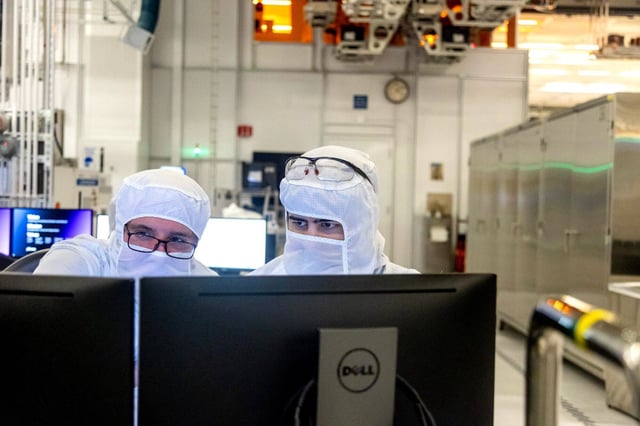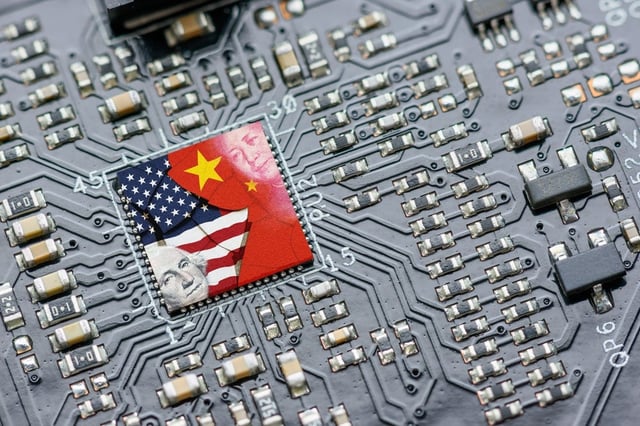Overview
- The US government is considering further restrictions on China's access to Gate-All-Around (GAA) transistor technology and high-bandwidth memory (HBM).
- These technologies are crucial for manufacturing cutting-edge AI chips and enhancing AI accelerators.
- The proposed measures seek to hinder China's ability to develop advanced computing systems needed for AI applications.
- Previous US sanctions have already limited China's access to advanced semiconductor equipment and chipmaking tools.
- The timing and scope of the new restrictions are still under discussion, with potential regulations expected before the upcoming presidential election.



